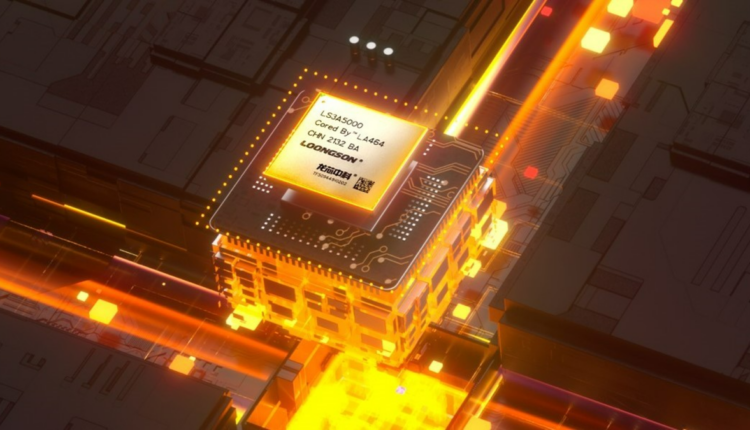©2021 Reporters Post24. All Rights Reserved.
Chinese CPU manufacturer Loongson emerged on top in arbitration against its former business partner-turned-rival CIP United over whether Loongson illegally used the MIPS architecture. The court decided last year that Loongson owed royalties to CIP United. However, CIP United, in turn, owed arbitration fees, which are significantly more than the royalties.
Although MIPS Technologies, an American company, owns the MIPS architecture, CIP United was the one to file a lawsuit because it claims it has all exclusive rights to MIPS in China thanks to a license it obtained in 2019. But before this, Loongson (and its predecessor the Institute of Computing Technology) had been making MIPS CPUs since the 2000s and even acquired a license from MIPS in 2011.
Additionally, Loongson switched to its in-house LoongArch architecture in 2020 (with an official announcement in 2021) and says that since it’s not based on MIPS at all, it wouldn’t fall under CIP United’s license, whether exclusive or not. CIP United, on the other hand, disagreed, claiming LoongArch was just a MIPS clone.
The dispute went to arbitration in February 2021, and CIP United made seven allegations against Loongson. Those seven claims boil down to Loongson illegally making MIPS processors, misusing confidential information, and failing to pay royalties. The case was mostly decided in June 2023, with six dismissed claims. The sole point that CIP United won on was Loongson not paying enough royalties, and it was determined that Loongson owed 24 million Yuan, or about $3.4 million, to CIP United.
However, the final ruling concerned arbitration costs, and on that point, the court decided that CIP United needed to pay Loongson 41 million Yuan, which is over $5.8 million. In a statement, Loongson claimed victory and emphatically said that LoongArch was original and had nothing to do with MIPS. It is, however, MIPS-compatible and even runs the same Linux code its old MIPS-based CPUs did, which may raise some eyebrows.
On the other hand, CIP, United’s statement emphasized that Loongson owed royalties and claimed based on that point. The company hardly lingered on the arbitration fees it owed, saying it needed to clarify “unfinished audit and contractual rights.” However, as far as we can tell, the case has been a net loss for CIP United as it owes money to Loongson and hasn’t prevented Loongson from making its LoongArch chips.
The exact legal reasons for Loongson’s victory aren’t clear since this wasn’t a fully public case, but politics may have come into play. Loongson apparently violates U.S. sanctions on China, while CIP United has played by the rules of American law. Although courts are supposed to be impartial, tensions between China and the U.S. are currently high over semiconductors. It’s hard to say whether this impacted the final ruling, but it wouldn’t be surprising if it wasn’t on the participants’ minds.


